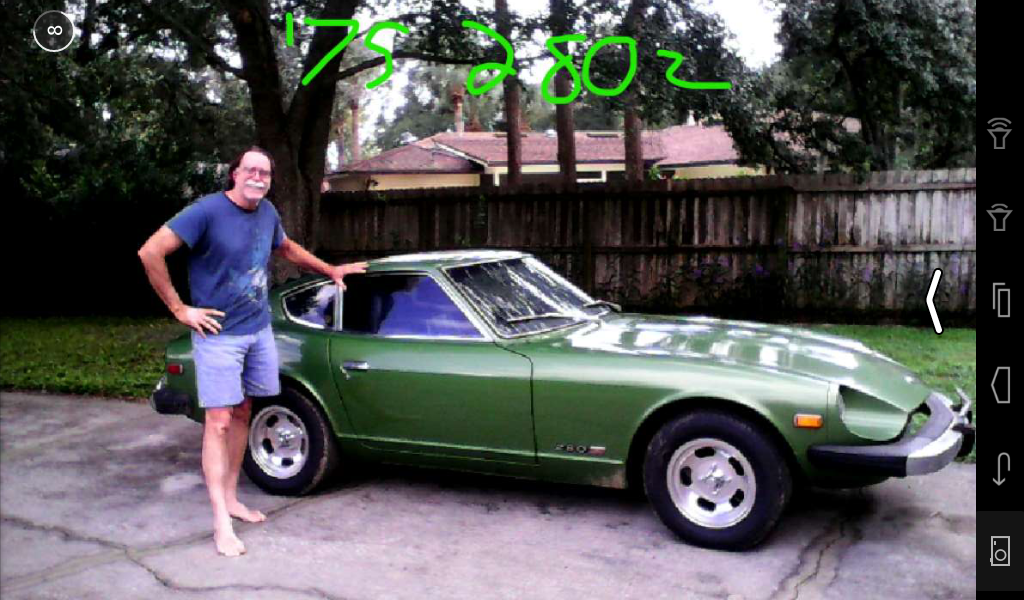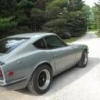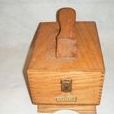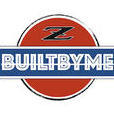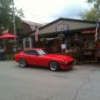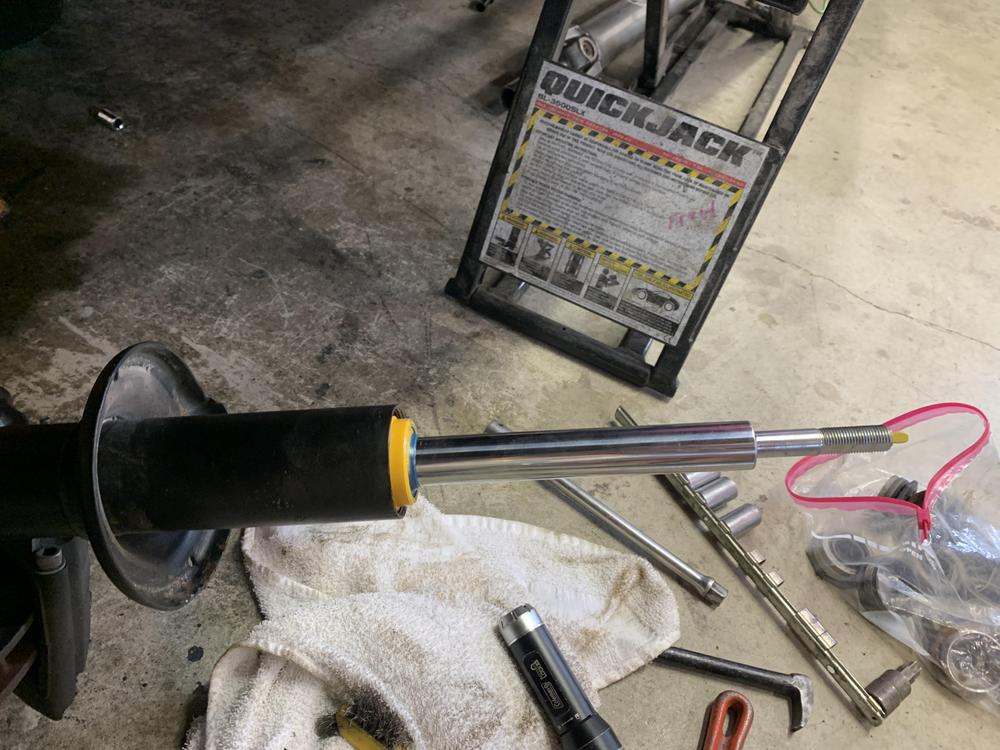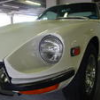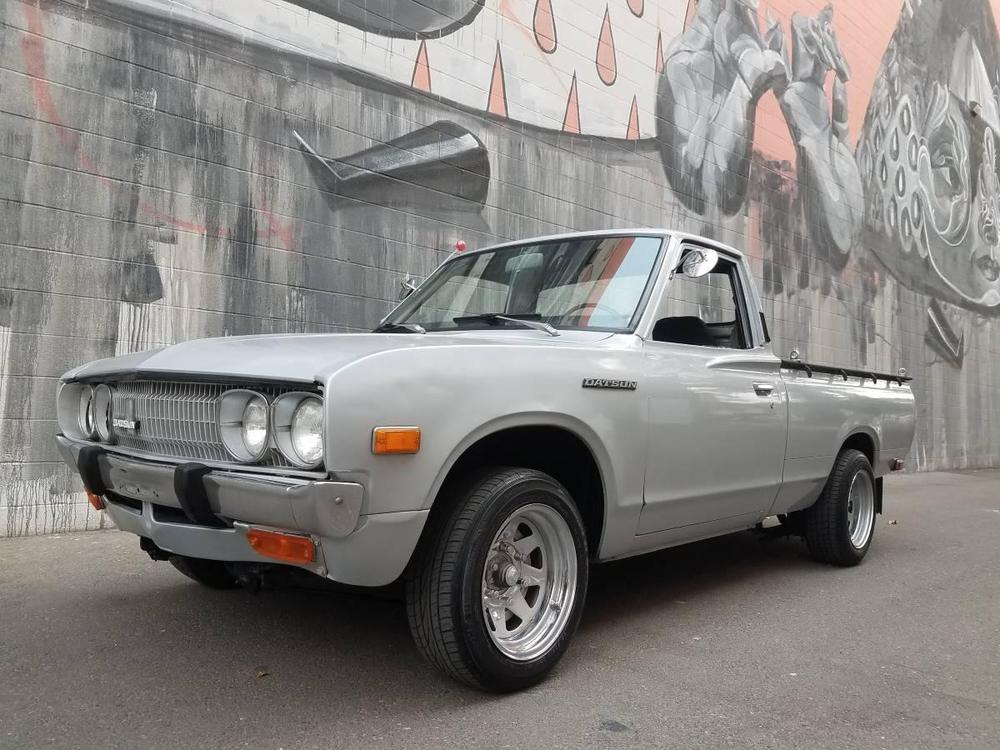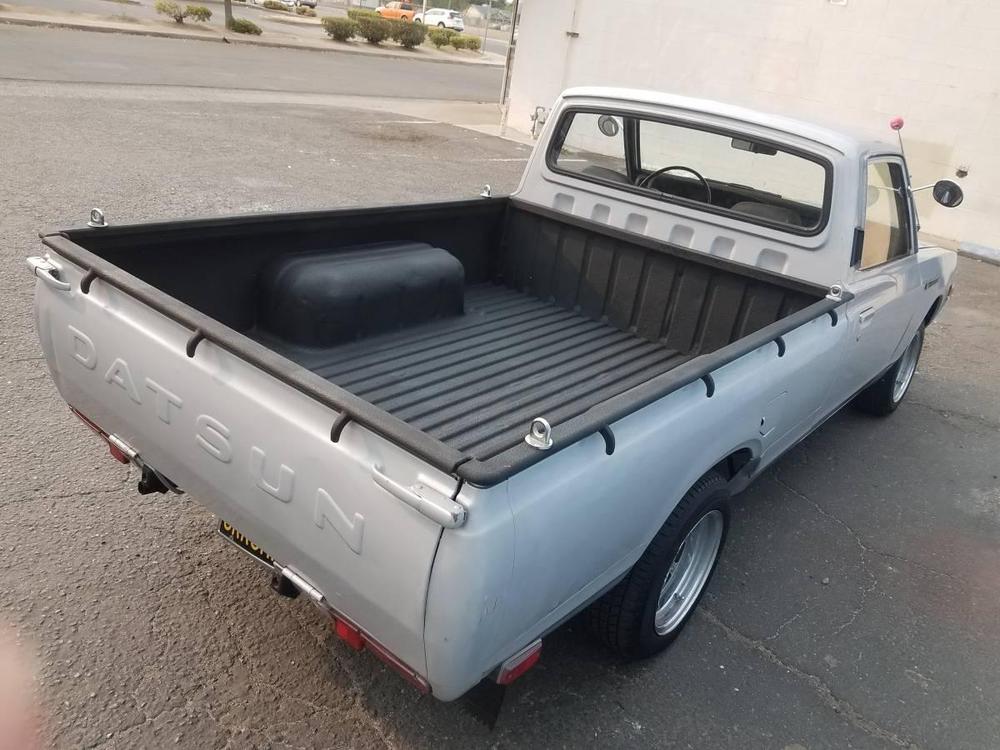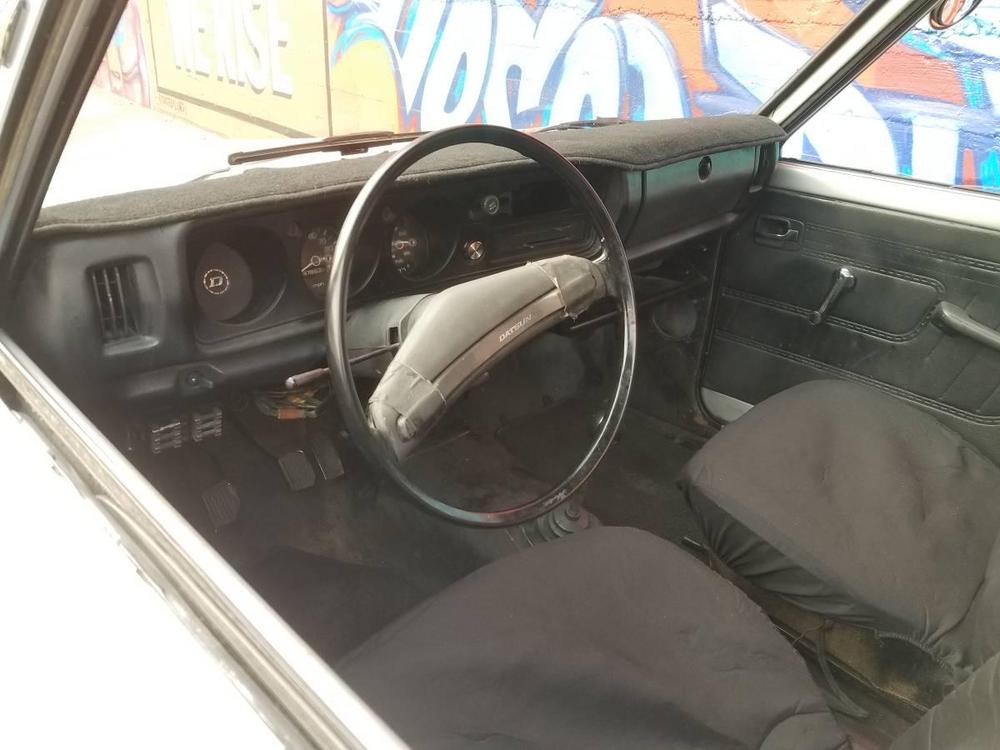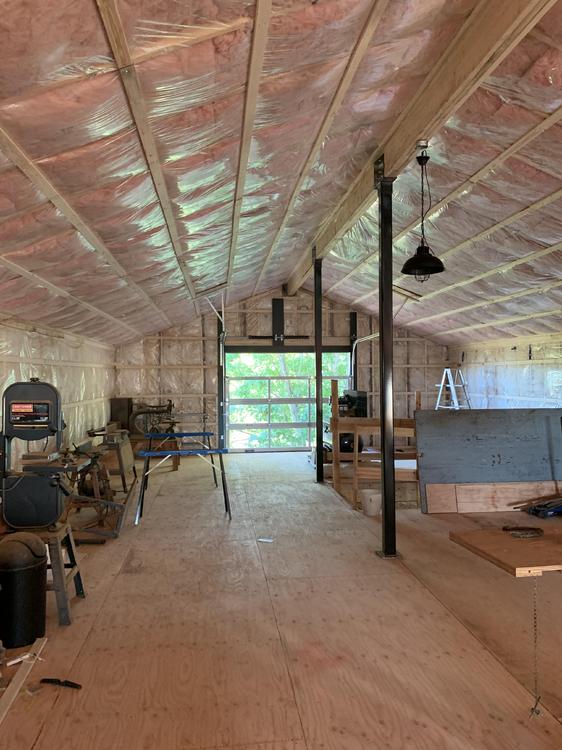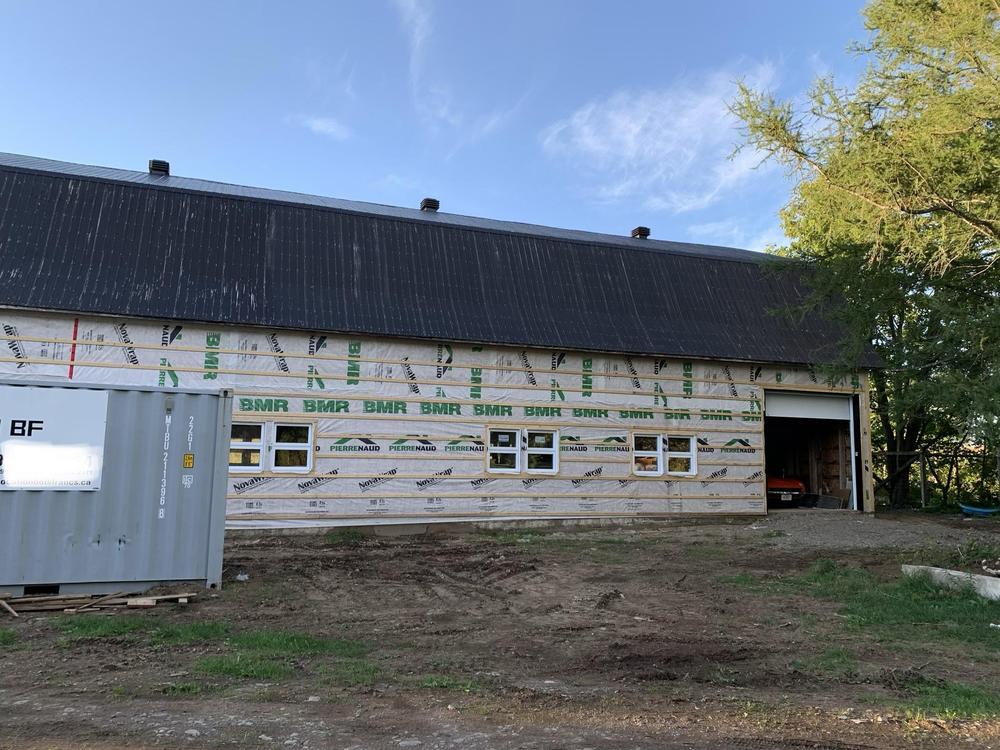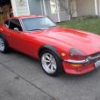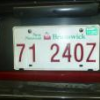I think you have the right idea rebuilding.
Now then, beware that the whole modification thing; it is a rabbit hole and can very quickly get very expensive.
The question you have to ask yourself is, do I feel lucky? Well do ya? But seriously the question is: what it the car going to be and how you will want to use it. No good having all that power with a turbo if you can’t put it down. So plan the car as a system. Some people get excited by what looks great on the internet and end up with something that just doesn’t work well together.
Some easy mods that don’t cost a lot and give the best BHP/$ are a sensible overbore, properly gapped rings, flat top pistons, a shave of the head, porting the head, a fast road higher than stock lift cam, better valve springs and seats and an appropriately sized exhaust manifold (header) and free flowing system (bigger is definitely not better here, it has to match the gas flow and the ports). Oh and decent ignition and fuelling. The power in these cars is made in the head, so focus your efforts there. However one of the things that makes my engine great is the attention to detail of the engine builder. Each cyl was bored to the exact dimensions of each piston and rings. The rings were gapped to perfection and so and so on.
It’s easy to get carried away with big duration lumpy cams etc. For example you don’t necessarily need forged pistons and rods to make good power in an NA road car, but if you like the bragging rights and have the money to throw at it then go for it.
My NA L28 on 240 SUs, cast flat top pistons with +1mm, is doing a shade over 240 BHP at the flywheel so roughly around 190-200 at the wheels. But that is a little irrelevant as peak torque of c. 210lbft arrives at 5k rpm - so while I can light up the 195 section rear tyres in 1st if I wanted to, the power is progressive and builds nicely the harder you go, so I don’t really need an LSD diff or big wheels / tyres with coilovers etc. But a stroker or turbo engine would be shredding those tyres all day long and will need significant spend on suspension, diff, wheels / tyres etc.
My engine pulls very hard from 3.5k to 7k RPM if I let it go that far and can pull nicely all day from 1.5k around town and in traffic. But some prefer less revs and more torque lower down so they build a stroker or go for a different cam etc. What is your driving style? What do you want out of the car? Will you drive fast twisty roads where you sit between 3k - 5k rpm for most of the time and like to cruise in towns or are you a racer who needs power at the top end? My engine cost £2.5k sterling to build - I got a superb deal, then I spent another £1.5k on stuff around the engine like light weight flywheel, electronic ignition, crank damper etc. If i want to get to 300bhp NA I have to quadruple that budget. If you go turbo, depending on how hard you hit it, you’re in for forged pistons and rods which immediately adds another £1k-£2k, better bearings, etc etc.
So in short, what I’m trying to get at is, take your time, do some serious thinking about what you want the whole car to be, do homework on your options within your budget and build a well executed engine that suits: the car, your driving style and your budget. Then add 50% to your budget [emoji13] unless you can exercise soldierly self restraint.
Don’t get carried away by the internet mechanics, big talk / big numbers and fancy kit which you can throw a lot of money at for small gains. But most important of all is to do it right and only once!!!!
Many people talk horsepower at the bar but in the real world, behind the wheel we all enjoy driving a decent torque curve.
